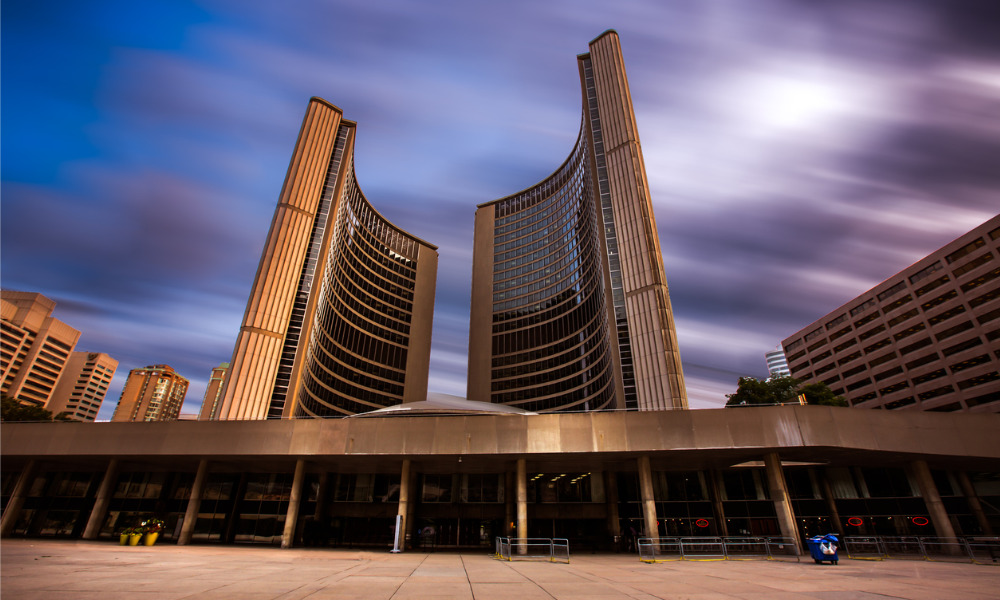At least 135 people staying in the City’s shelters and respite sites confirmed to be infected

In light of the spread of COVID-19 in the shelter system, a coalition of public interest organizations and legal aid clinics have initiated a constitutional and human rights challenge against the City of Toronto.
The applicant organizations — Aboriginal Legal Services, Advocacy Centre for Tenants Ontario, Black Legal Action Centre (BLAC), Canadian Civil Liberties Association, HIV & AIDS Legal Clinic Ontario and Sanctuary Ministries of Toronto — are advocates for the rights of historically marginalized communities overrepresented in the City’s homeless population, including people with disabilities, people receiving social assistance and racialized, Black and Indigenous people.
A news release by BLAC expressed deep concern over the shelters’ alleged failure to comply with physical distancing standards. “This endangers those who use the shelter system, and has forced countless others to set up tents and encampments outdoors, rather than risk going into spaces where there are already many people who have contracted the virus,” said BLAC.
The legal challenge argued that the city’s Shelter and Respite Standards, which permit the lateral spacing of beds 0.75 metre apart and the use of bunk beds, as well as the City’s implementation of these standards, infringe a number of provisions of the Human Rights Code and the constitutional rights to life, security of person and equality, particularly in relation to the City’s most vulnerable residents.
Applicants cited the guidance issued by the Public Health Agency of Canada and by the Ministry of Health for the Province of Ontario, which both require beds, mats, cots or mattresses to be placed at least two metres apart. The latter guidance also prohibits the use of bunk beds.
Among other problems raised in the legal challenge, applicants faulted the City’s alleged failure to develop or implement, without delay, a mitigation plan responding to the pandemic.
According to BLAC's news release, so far, 135 people staying in the City’s 12 shelters and respite sites are confirmed to be infected. BLAC said that these deficiencies in the City’s response pose risks not only to the people staying in these shelters, but also to shelter staff, healthcare workers, their families and the community at large.
“Public health guidance for all Torontonians and all Ontarians consistently emphasizes the critical importance of adequate physical distancing,” stated the legal challenge. “Yet people experiencing homelessness cannot ‘stay at home.’ They rely on shelters and respite sites operated or funded by the City.”







